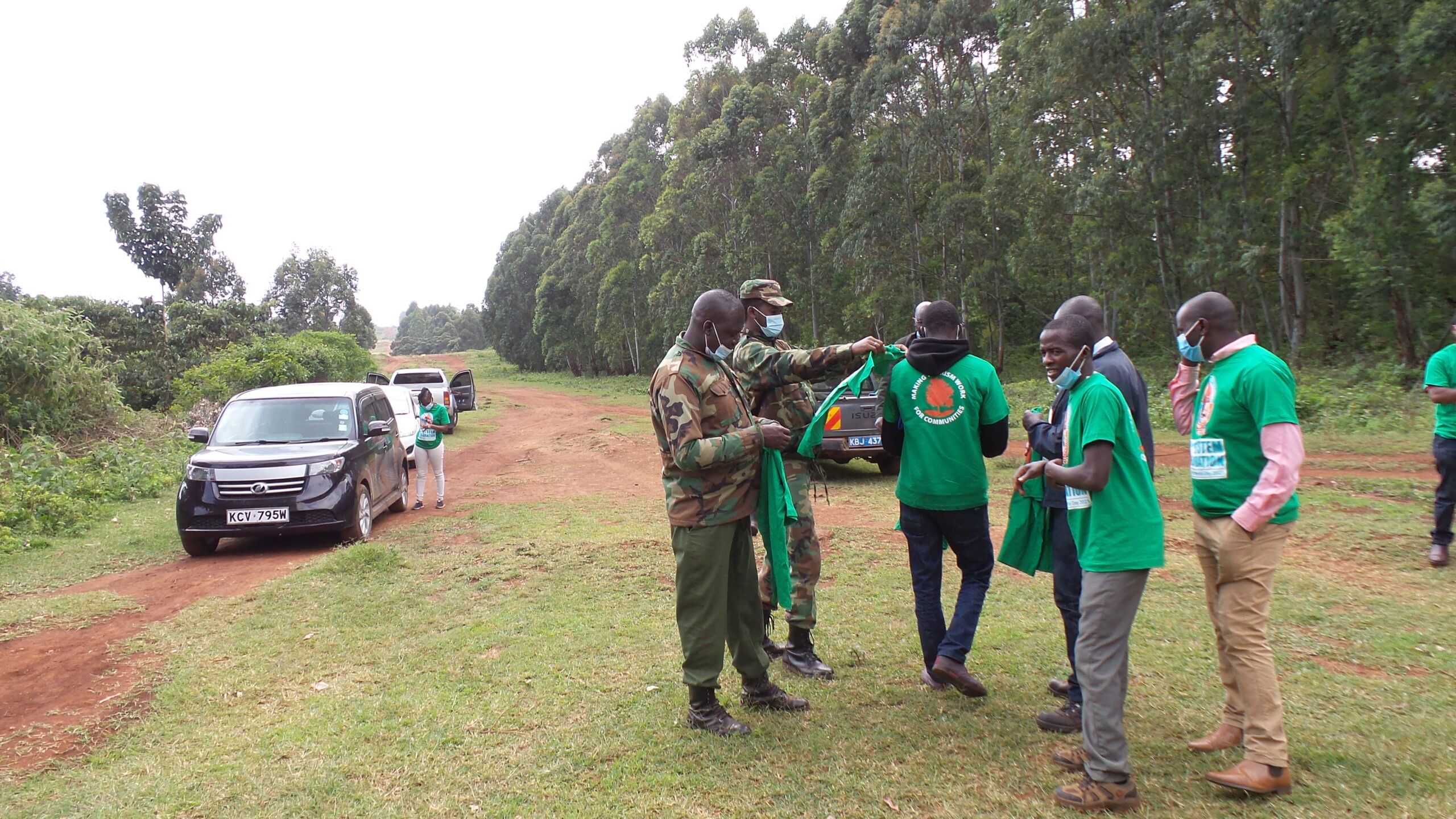African Pro-poor Tourism Development Centre – Making Tourism work for Communities
Avocado Agroforestry: Transforming Livelihoods and Landscapes in Mt. Kenya
Project Overview
Project Title: Enhancement of Small Holder Farmers’ Livelihood and Forest Conservation Through Hass Avocado Production
Implementation Period: 2019 – December 2021
Location: Mt. Kenya Ecosystem
Strategic Partnership: Fair Trade Enterprises Limited (Kenyan Commercial Exporter to European Markets)
Background and Challenges
The Mt. Kenya ecosystem faced significant environmental threats driven by socioeconomic challenges affecting adjacent communities. Primary concerns included:
- Forest Encroachment and Degradation by local communities living adjacent to forest areas
- Over-dependence on Forest Resources as primary livelihood sources (charcoal production, firewood collection, and timber harvesting)
- High Poverty Levels among forest-adjacent communities, creating pressure on natural resources
Strategic Intervention Approach
The project implemented an agroforestry-based strategy addressing both environmental conservation and economic development:
- Conservation Education: Comprehensive awareness creation on forest conservation principles and sustainable resource management
- Agroforestry Development: Support for small-scale farmers in Hass avocado production as an economically viable alternative income source that simultaneously contributes to tree cover
Project Objectives
- Increase regional tree cover through the establishment of 10,000 Hass avocado fruit trees by 2022
- Boost fruit production for export markets by 10% by 2022
- Enhance income generation for 500 local small-scale farmers by 2022
Target Beneficiaries
- Small-scale farmers in communities adjacent to Mt. Kenya forest
- Primary schools and public educational institutions in the project area
Implementation Outcomes
The agroforestry initiative successfully delivered significant results across environmental and socioeconomic dimensions:
- Established 9,000 mature Hass avocado trees across the project area, enhancing landscape productivity
- Supported 500 small-scale farmers with at least 15 Hass avocado seedlings each
- Reduced pressure on forest resources through diversification of livelihood opportunities
- Increased export-quality Hass avocado production volumes for Fair Trade Enterprise Ltd.
- Enhanced income levels for participating farmers through structured market access for Hass avocado produce
Sustainability Factors
This agroforestry initiative exemplifies successful integration of landscape restoration and economic development through:
- Creation of direct economic incentives for tree planting and forest protection
- Establishment of long-term commercial relationships between farmers and export markets
- Development of sustainable agroforestry practices compatible with ecosystem conservation
- Building local capacity for integrating tree crops into farming systems
The project demonstrates how strategic agroforestry interventions can simultaneously transform agricultural landscapes while addressing poverty alleviation and environmental conservation objectives in sensitive ecological zones.
Conclusion
The Mt. Kenya agroforestry initiative represents a successful model of landscape transformation that effectively balances ecological restoration with economic empowerment. By introducing Hass avocado cultivation as an alternative tree-based livelihood, the project created a viable pathway for communities to transition from forest-dependent activities to sustainable agroforestry systems.
The near-achievement of the 10,000 tree target (90% success rate) demonstrates the strong implementation capacity and community acceptance of the agroforestry approach. Beyond the quantifiable outcomes, this project has established a foundation for long-term landscape regeneration through economic incentivization. Farmers who previously viewed the forest primarily as a resource to be extracted now recognize the value of integrating trees into their agricultural production systems.
The partnership with Fair Trade Enterprises Limited ensures market sustainability, bridging the gap between small-scale agroforestry producers and premium international markets. This approach serves as a replicable model for other forest-adjacent communities facing similar challenges across Kenya and beyond. The project illustrates how thoughtfully designed agroforestry initiatives can transform resource competition into landscape stewardship, creating resilient farming systems that benefit both humans and the broader ecosystem in vulnerable ecological zones.
RELATED PROJECTS
Related products
-
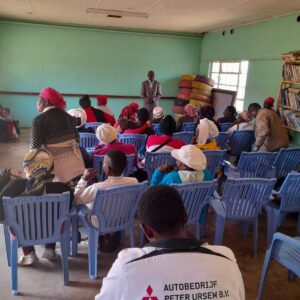
Capacity Building of CFAs On Forests Conservation Through Tourism
$1.00 Add to cart -
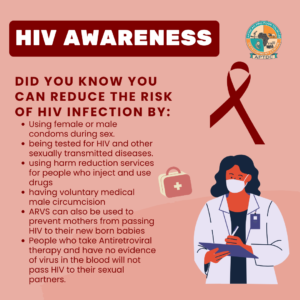
HIV & STI Infection Prevention and Control Amongst Youths In Tourist Hot Spots
Buy product -
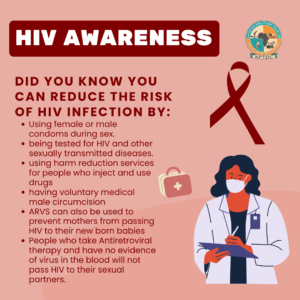
Enhanced Social Protection for Orphan Vulnerable Children-Living HIV+
Buy product -
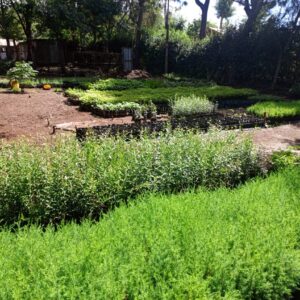
Enhancing resilience to climate change through Horticultural Production-Drip Irrigation.
Buy product


